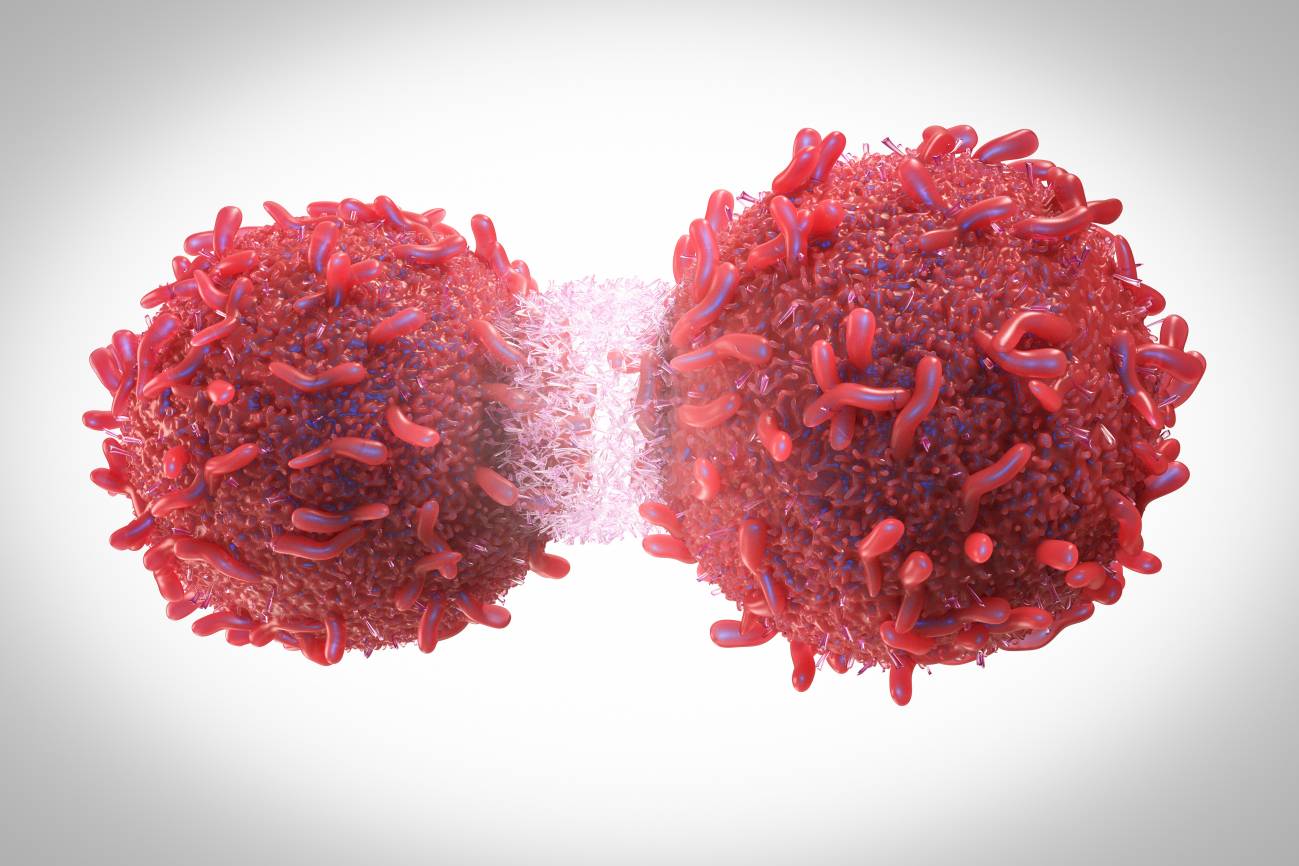Reaction to study estimating that nearly half of cancer deaths are due to preventable factors
A study published in The Lancet finds that 44.4% of cancer deaths worldwide are due to preventable risk factors, especially smoking, alcohol consumption and being overweight.

Rafael Marcos - evitables EN
Rafael Marcos Gragera
Epidemiologist at the Catalan Institute of Oncology and professor of medicine at the University of Girona
The results of this study are consistent with others conducted in different geographical areas (France, UK, Australia and USA) in which the proportion of cancer deaths due to modifiable risk factors would be approximately 40% (Soerjomataram I, et al. Cancers related to lifestyle and environmental factors in France in 2015).
An important finding of this study is the geographical inequality in the reduction of the impact of risk factors on Disability adjusted life years (DALYs), i.e. years of life lost due to cancer. When the authors assess the evolution of DALYs due to modifiable risk factors, they see that this proportion increases between 2010 and 2019 in all geographical areas; however, when adjusted for age, a decrease in DALYs is observed in countries with higher incomes, indicating that population ageing has a significant impact on the burden of disease due to modifiable risk factors. On the other hand, the increase in cancer burden attributable to metabolic risk, especially in low-income countries, could be the result of these countries experiencing an epidemiological transition in which improvements in the country's development status are associated with increasing levels of obesity.
One of the most important findings of this study is that in order to assess the impact of cancer control measures (either primary or secondary prevention) as well as to evaluate progress in cancer care (new treatments), we need quality data on both incidence and mortality, especially in those countries where consolidated information systems are not available.
The monitoring of these epidemiological parameters is a fundamental tool in the strategy to reduce the incidence of cancer in the population. Systematic and regular publication of results allows us not only to monitor progress in disease control, but also to identify problem areas where action is needed.
As acknowledged in the article itself, the main limitation of the study is that there are countries that do not have consolidated population-based cancer registries or mortality registries. In this sense, certain estimates, especially those from underdeveloped countries, may not be as robust as those from countries with quality sources of information and, therefore, limit comparability between geographical areas.
In relation to this, it is inevitable to stress the importance of quality sources of information that allow the impact of cancer to be assessed, with special attention to Population Cancer Registries. In our country, the Spanish Network of Cancer Registries (REDECAN) is working to provide quality epidemiological data on this disease, although there is still a clear need to allocate more resources to cover the entire population.
- Research article
- Peer reviewed
- Systematic review



